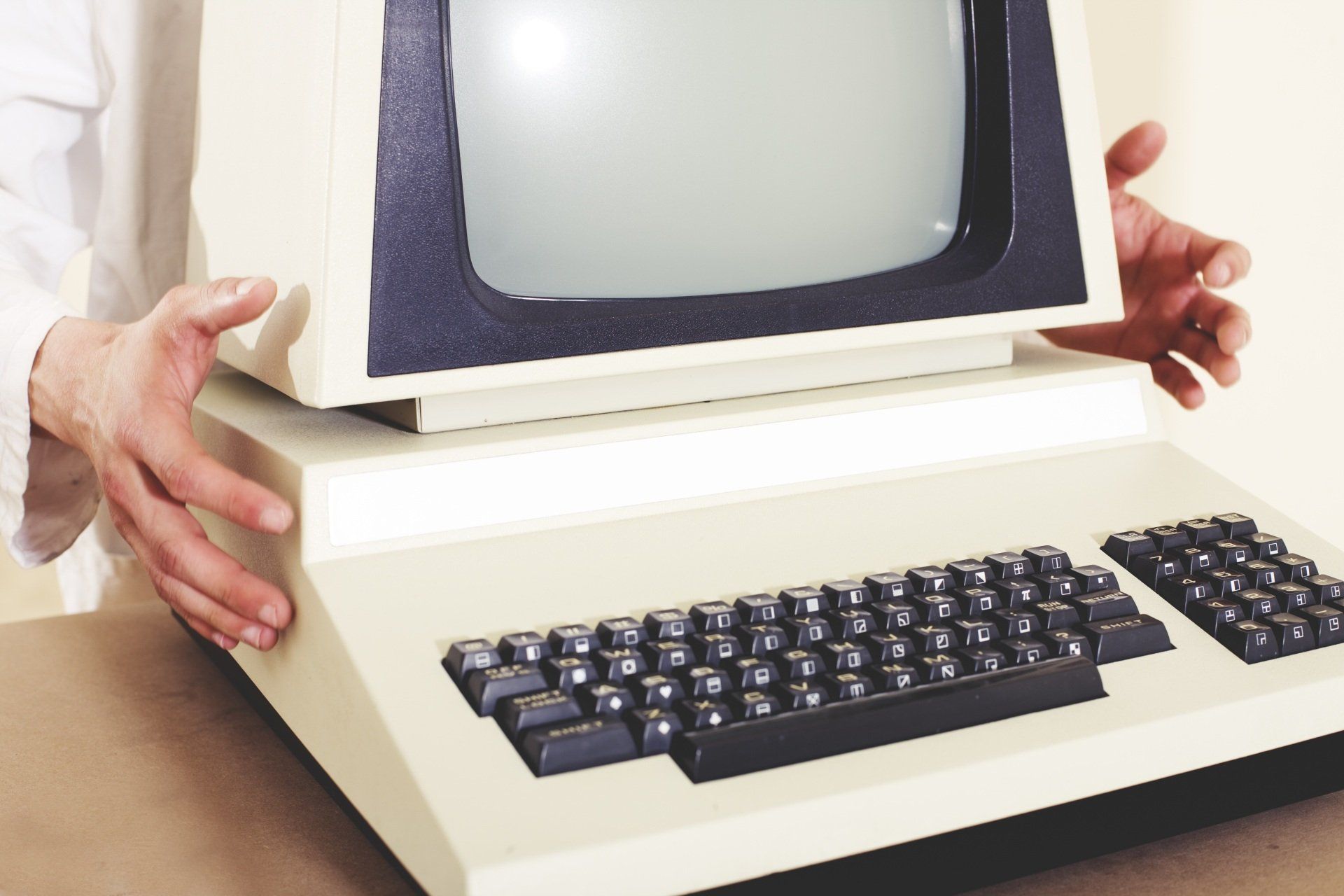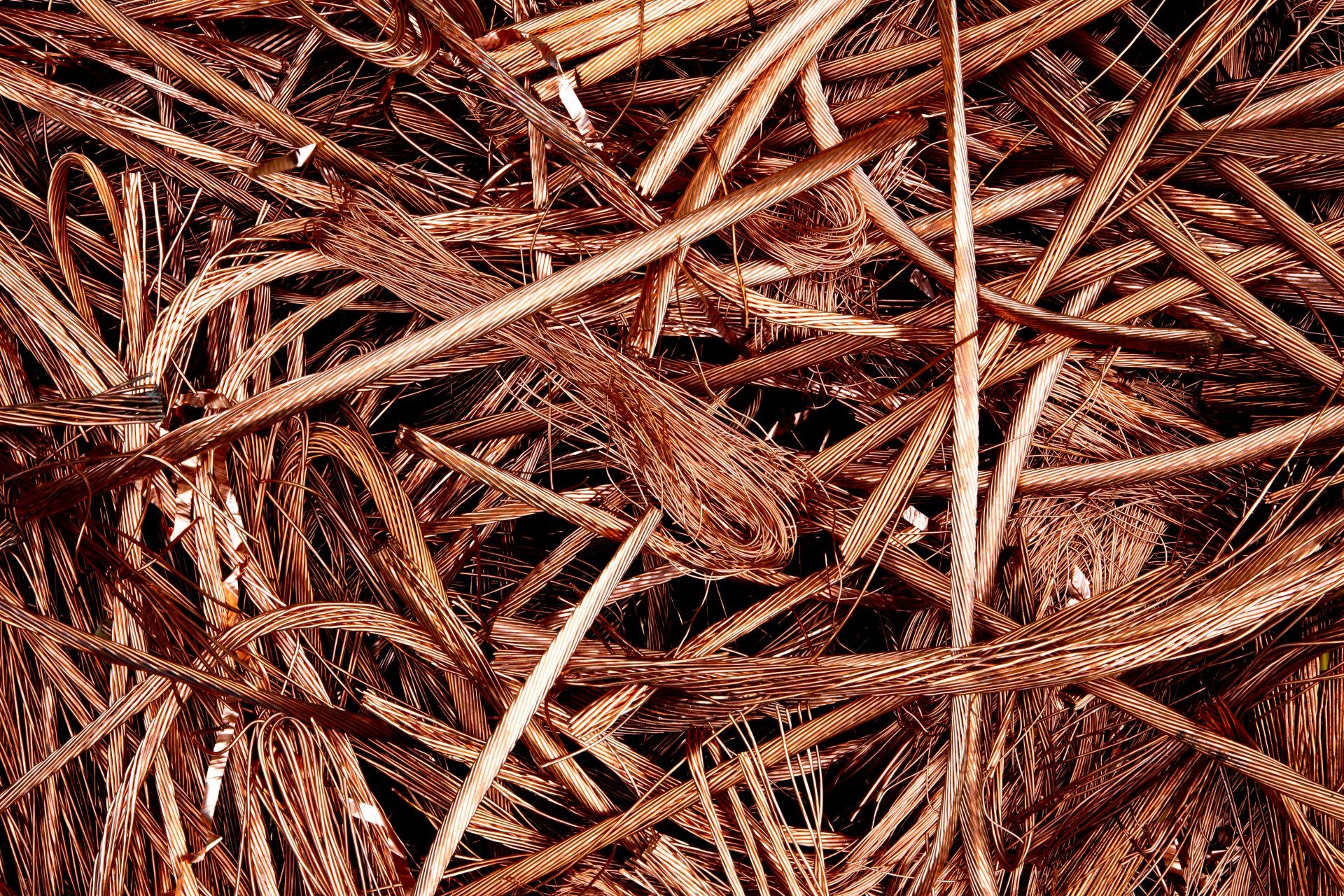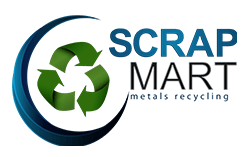Steel Recycling and Sustainability Benefits
Steel, one of the most utilized metals, has been the basis for growth and technological innovation. While steel is a blend of metals and non-metals, it is 100% recyclable.
All the byproducts in steel production have a high recycling rate, which is extremely good news to the steel's impact on the environment. Steel recycling preserves the earth's natural resources and financially benefits the consumers.
The Process of Recycling Steel
The process of recycling steel is significantly different from other products, primarily because of its inherent value. Steel rarely ends up in landfills and instead goes to a scrapyard for monetary compensation.
After collection, the buy-back centers and drop-off points send the steel scrap to foundries or mills, where it's melted down and purified. It is then transformed into sheets and prepped for shipment to various factories for use as raw materials.
Sustainability Benefits
Almost all the co-products used in steel production, such as the water, dust, slug, and gas, are recyclable. While this reduces the cost of raw materials, it saves up to 74% of the production energy. The energy savings have substantial environmental benefits as it reduces the emissions of greenhouse gases.
The recycling process drives job creation and the resulting economic growth. Participants in the recycling process also get financial incentives from the otherwise useless scrap, and the practice has a cyclic effect that benefits the environment.
Scrap Mart's Steel Recycling Solutions
Our mission is to participate in sustainability efforts by making recycling easy for everyone. Our steel recycling solutions include the following:
- Drive On Scale: Scrap Mart consumers can recycle ferrous metals by driving to our certified drive-on scale.
- Highest Payouts: Scrap Mart offers top dollar payouts for all of your scrap metals. We have been giving superior service to our customers since 2011.
- Drive-Thru Non-Ferrous: Scrap Mart's new drive-thru and drop-off metal recycling center makes it easier than ever to bring in the scrap metal recyclables from your home, business, or organization.
If you are interested in learning more about our steel recycling solutions, or processes, contact us today.
Benefits of Recycling Scrap Metal




